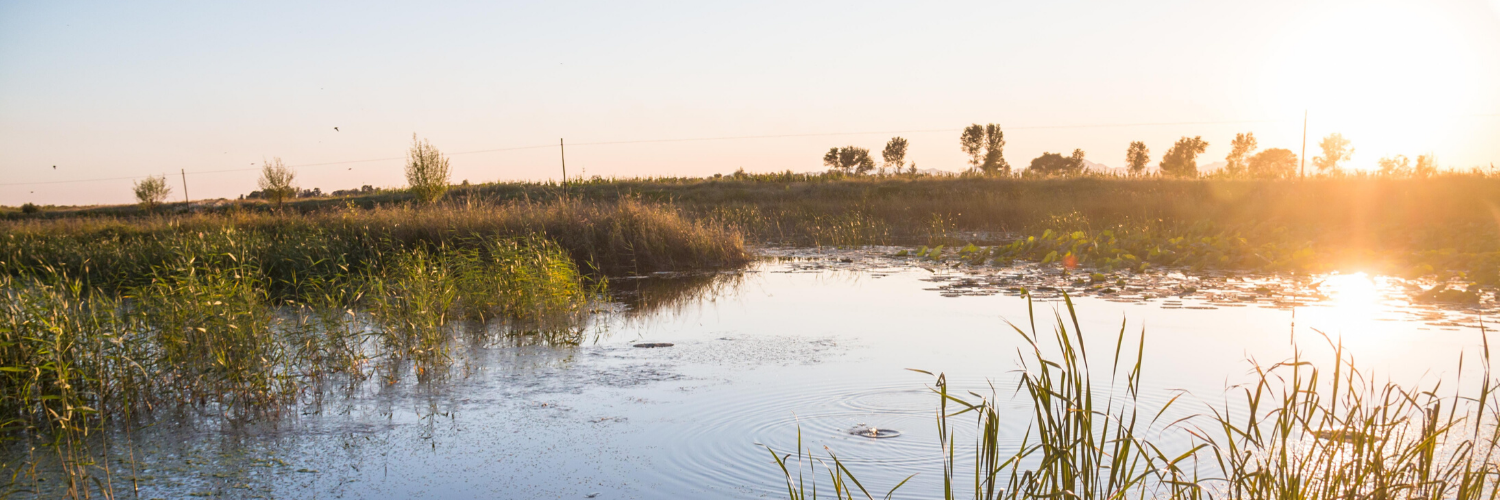Weathering the Storm: Mosquitoes & Hurricane Season
The 2020 Atlantic hurricane season has officially started, and experts are calling for an above-normal season. Mosquito abatement districts and public health officials know that hurricane season means an influx in mosquito populations as well as the diseases they spread. When it comes to weathering the storm and keeping communities protected against disease-carrying mosquitoes, professionals need a plan of attack for both before and after hurricane season.
Before the Storm
An effective plan to control mosquitoes after a hurricane begins with educating residents of a community about source reduction and prevention before a storm even hits. Joe Conlon, AMCA’s Former Technical Advisor notes “Homeowners can help mitigate these mosquito problems by taking steps prior to a storm to reduce areas where standing water might accumulate around the home.” Residents should be encouraged to pay attention to potential breeding sites. Homeowners should drain any standing water on their property, cover or fill in any areas that can potentially hold standing water, and keep their yards well maintained and free of any leaves or debris. Educating residents now about source reduction will only payoff once the water starts to collect after a storm hits.
After the Storm
Jumping into action immediately following a storm can result in effective results both now and later on. Professionals need to be aware that their usual product lineup might need to be altered or expanded to account for a large uptick in mosquito populations during the hot summer months. Conlon also states “In the aftermath of severe and prolonged rains from hurricanes, the receding waters leave pools of standing water in new areas where they didn’t previously exist. Combined with the summer heat speeding reproduction, the result can be a drastic increase in mosquito populations.” Turn to products that have long residuals and because, according to the CDC, “adult mosquitoes do not generally survive high winds during a hurricane,” a larvicide with an insect growth regulator as its active ingredient can really help control any emerging larvae by breaking their life cycle. The CDC also mentions that “because people spend more time outside cleaning up after a hurricane or flood, they are more likely to be bitten by nuisance mosquitoes.” Encourage residents to wear long-sleeved shirts and long pants and apply a DEET insect repellant to help combat any disease-carrying mosquitoes.







